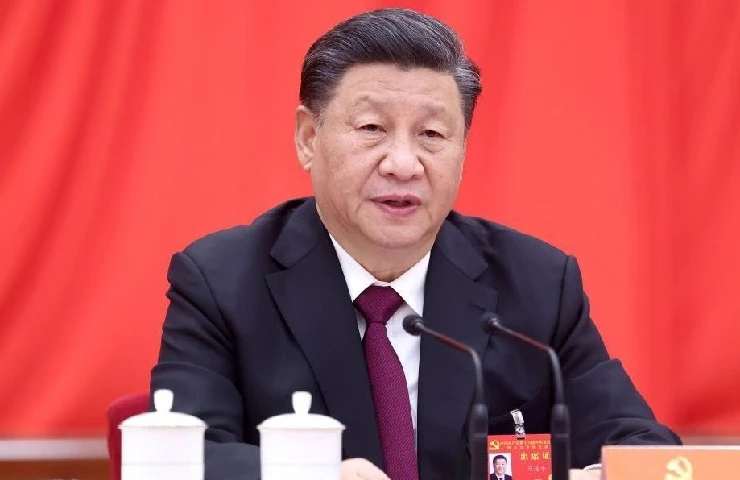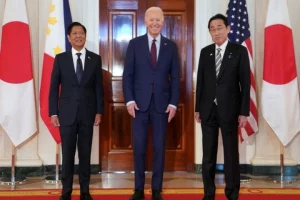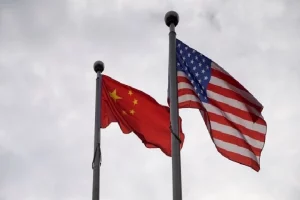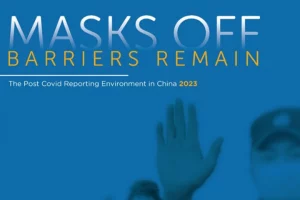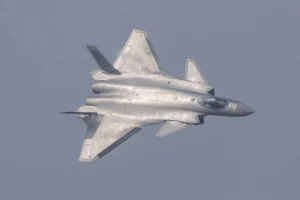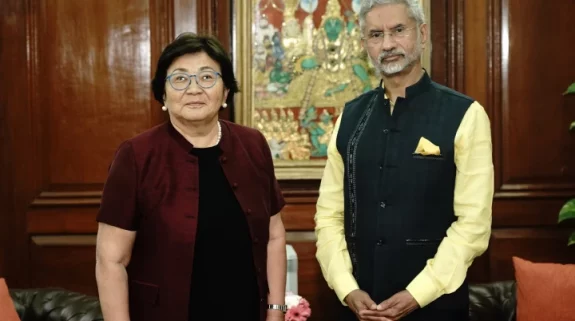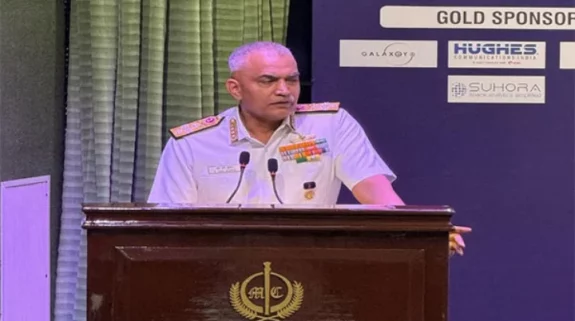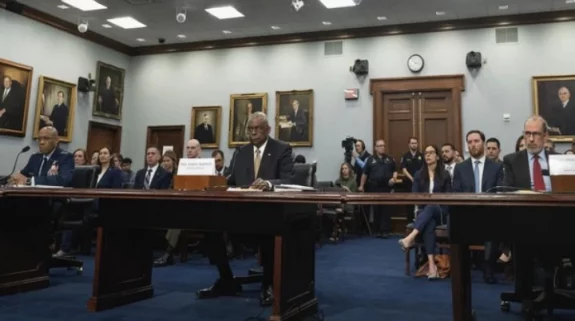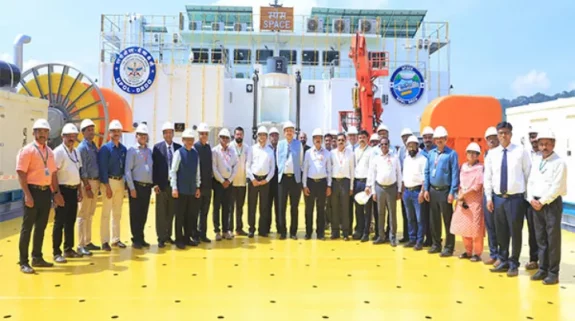In his virtual conference with south-east Asian nations, Chinese President Xi Jinping assured them that Beijing will not try to dominate or bully the smaller nations.
Xi addressed the ten-member Association of Southeast Asian Nations (ASEAN) in a virtual conference marking the 30th anniversary of ASEAN-China relations.
The Chinese leader's assurance comes at a time when China is in confrontation with most of the ASEAN member nations in the South China Sea (SCS) where it has laid claim to the entire waterway, even disputing the Exclusive Economic Zones (EEZ) of several nations.
#China, #ASEAN have established a comprehensive strategic partnership, President Xi Jinping said Monday. "This is a new milestone in the history of our relations and will inject new impetus into peace, stability, prosperity and development of our region and the world," Xi said. pic.twitter.com/0guYL43nuW
— People's Daily, China (@PDChina) November 22, 2021
The Chinese Xinhua news agency quoted Xi as saying: "China resolutely opposes hegemonism and power politics, wishes to maintain friendly relations with its neighbours and jointly nurture lasting peace in the region and absolutely will not seek hegemony or even less, bully the small".
Xi also said that China and its smaller neighbours in south-east Asia should hold dialogue to resolve their differences and promote regional peace.
The communist country is in dispute with Vietnam, Malaysia, the Philippines and Brunei over the sharing of waters in the mineral-rich SCS. Separately, it also has territorial disagreements with Japan and Taiwan, often leading to sharp verbal exchanges between the leaders.
At another level, China has made no bones about its economic and military heft. It has already announced publicly that it will forcibly take over Taiwan and has also challenged the US for supremacy to the number one spot in world power rankings.
It also eyes Japanese islands in the region.
In a distressing turn of events for the region and the world, China has often walked its talk–sending dozens of air force planes into the Taiwanese airspace, firing water cannons on Philippine supply boats, holding frequent naval drills in the SCS cutting off routes for other ships and arming the SCS reefs and islands with troops, missile pads and defence runways.
It has also laid claim to marine life in the region as well as blocked attempts by other countries to mine oil and natural resources in their own EEZs.
China has also raised a maritime militia, which works as a dual-purpose force–exploiting the SCS for its rich marine life as well as warning the fishing vessels of other nations from indulging in the same activity.
The Chinese military assertion in the neighbourhood has alarmed West nations including the US, which has mustered the support of allies the UK, Germany, France and others to place their naval vessels in the SCS, near the Taiwan Strait and the East China Sea–closer to Japan. At the same time the two powers are also holding talks to diffuse tensions.
In a bid to balance power equations with Beijing, Washington has approved arms sales to Japan and Taiwan. It has continued its agreement on military bases with the Philippines and has promised to sell nuclear submarines to ally Australia.
How China will retract its military and coercive actions in south-east Asia in conformity with Xi's assuring words to ASEAN remains to be seen, particularly when it has been warning the US to keep out of the region which it perceives as its area of influence.
The full text of Xi's speech can be read on CGTN.






